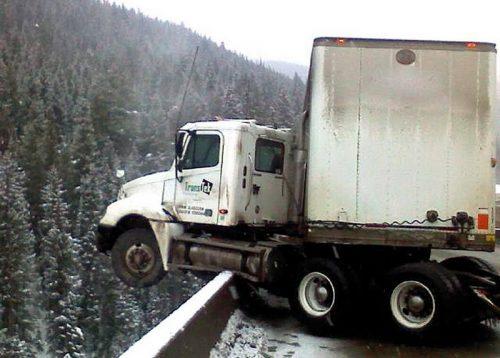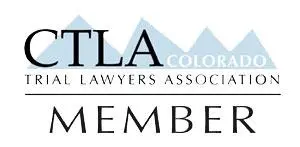Each year, on average, in Colorado, a worker dies on the job every three to four days. Thousands of other workers are injured on the job or become ill from work-related exposures. According to the Colorado Division of Workers’ Compensation, work-related deaths increased by 8% between 2015-2016 in Colorado. Between 2015 and 2016, transportation accidents continued to be Colorado’s leading cause of work-related deaths. In 2016, according to the Colorado Department of Public Health and Environment, there were 81 fatal work-related injuries. 48 of the unfortunate deaths, or 59% of all work-related deaths, were transportation-related. 33 were straightforward roadway accidents. Men accounted for 93% of the 81 deaths in 2016. Work-related travel can be hazardous to your health.
Does Workers’ Compensation Cover Work-Related Travel?
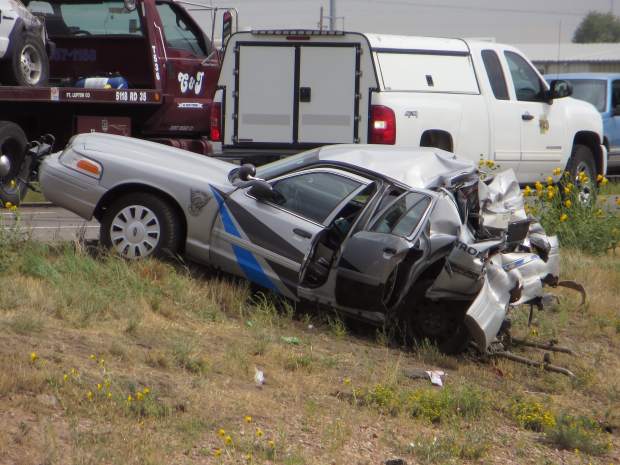
Yes and no. In general, a claimant who is injured while going to or coming from work does not qualify for benefits because such travel is not considered to be a performance of services arising out of and in the course of employment. This principle is known as the “going to and from work” rule. (Berry’s Coffee Shop, Inc., 161 Colo. at 373, 423 P.2d at 4-5.) However, there are many exceptions to this rule to account for varying and unusual circumstances that create a causal connection between the employment and an injury that occurred while the employee was going to and from work.
Injured in the Course of Employment?
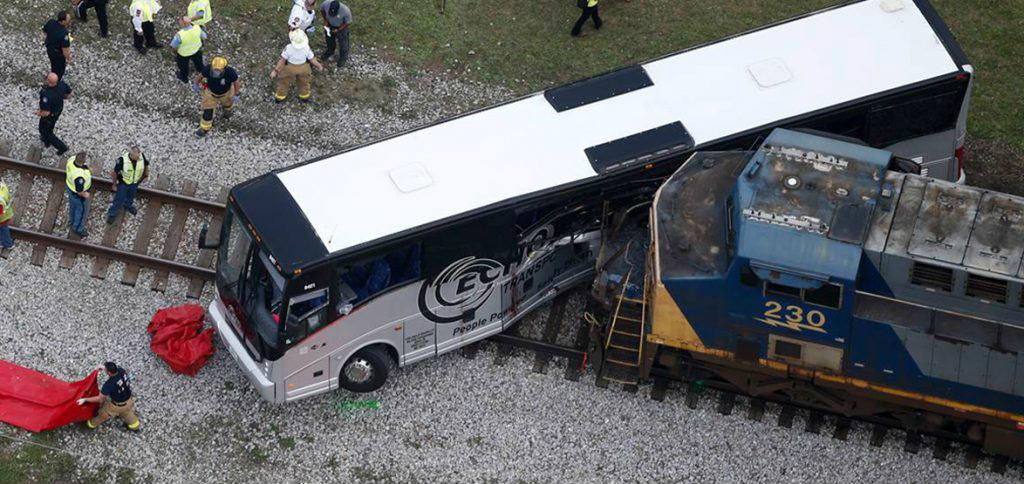
To qualify for benefits under the Workers’ Compensation Act of Colorado, an injured worker must be performing services arising out of and during the employment at the time of the injury. (C.R.S. § 8-41-301(1)(b) For an injury to occur “in the course of” employment, the claimant must demonstrate that the injury occurred within the time and place limits of the employment and during an activity that had some connection with the work-related functions. (Triad Painting Co. v. Blair, 812 P.2d 638, 641 Colo.1991)
Arising Out of the Employment?
The “arise out of” requirement is narrower than the “in the course of” requirement. For an injury to arise out of employment, the claimant must show a causal connection between the employment and injury such that the injury originates in the employee’s work-related functions and is sufficiently related to those functions to be considered part of the employment contract. So, just driving to work is not compensable. (Industrial Comm’n v. Enyeart, 81 Colo. 521, 524-25, 256 P. 314, 315. 1927, denied recovery to a claimant who was injured when his steering gave out while he was driving across a bridge on his employer’s property on his way home from work). The claimant must prove these statutory requirements by a preponderance of the evidence. (Boulder v. Streeb)
The courts can find travel is work-related by considering some of the following factors:
- Does an employee’s job duties require travel?
- Was the employee sent away from home for an extended period on a business trip for the employer?
- Was the employee sent on a particular errand after first reporting to the employer’s regular place of business?
- Did the parties agree that the employment relationship will continue during the employee’s travel to and from work?
- Did the employment contract contemplate the travel?
- Does the travel confer a benefit on the employer beyond the sole fact of the employee’s arrival at work?
- Does the employer provide transportation or pay the cost of the employee’s travel to and from work?
- Does the travel expose the worker to a zone of special danger specific to the work?
- Is there a causal connection between the employment and the injury?
- Did the employer direct the employee to travel to a specified place or in a specific manner?
- Does the employment reasonably necessitate the employee to travel to a specified place or in a specific manner?
Although no one factor or combination of factors is outcome determinative, they are factors the court might consider when providing coverage for a work-related injury or death. The courts often struggle with complicated fact-specific analysis. Every case is unique, and not all claims are afforded coverage under the law. The presentation of the facts is critical when asking the judge to order coverage.
I Can Help!
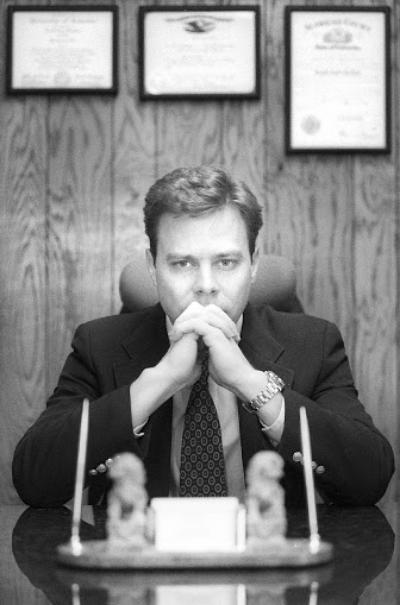
If you are looking for an attorney who does not shy away from a fight, I can help. For many years, I have litigated more workers’ compensation cases in Glenwood Springs than any other attorney. I get results for my clients. If you were injured or a loved one was killed while working, and you have been denied benefits for any reason, call me. You can meet with me for free to discuss your claim. I can give you useful information, represent you, and help you get what you are entitled to receive under the Colorado Workers’ Compensation Act. This law is complicated. Allow me to help you achieve the best possible result!

